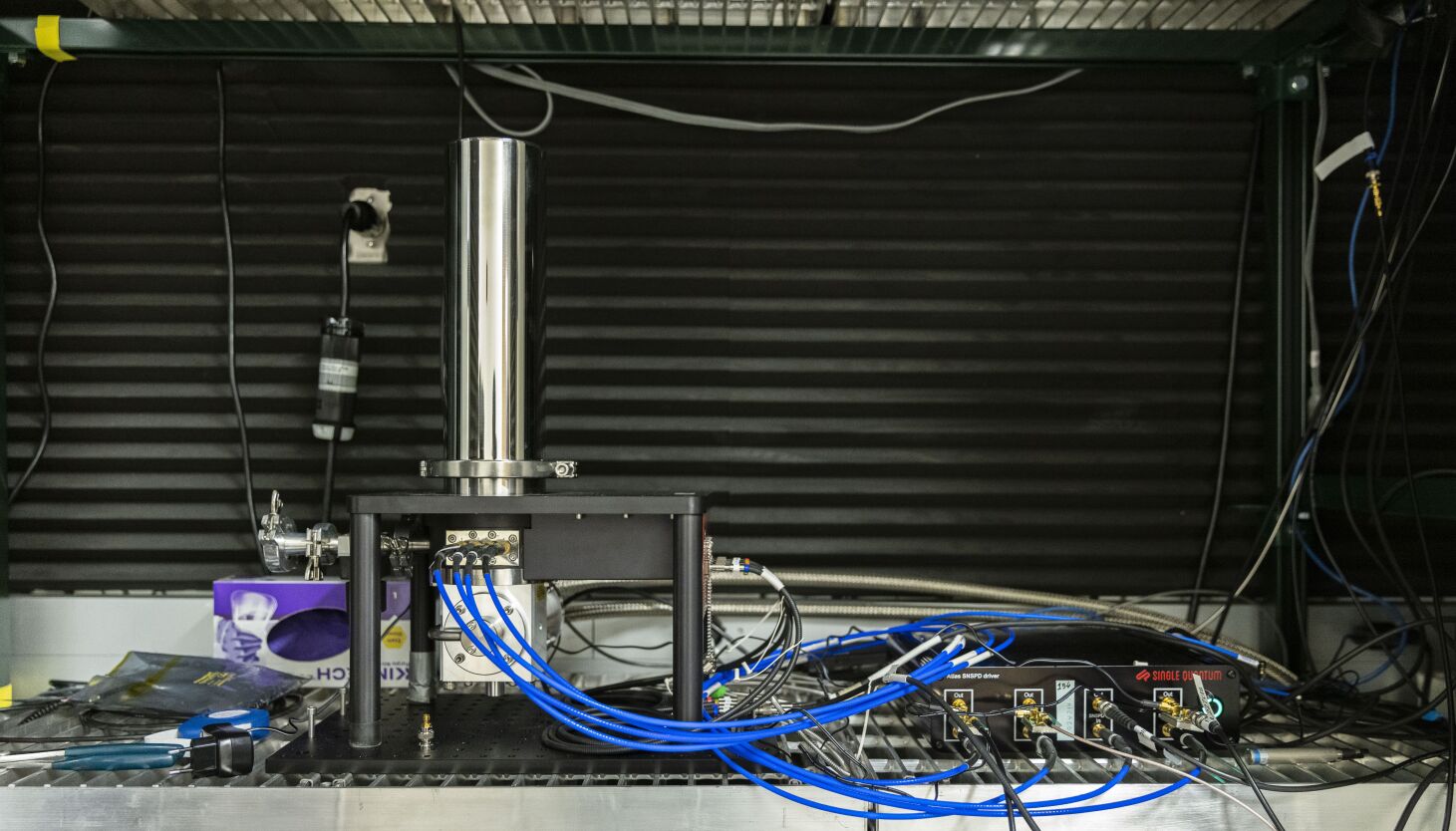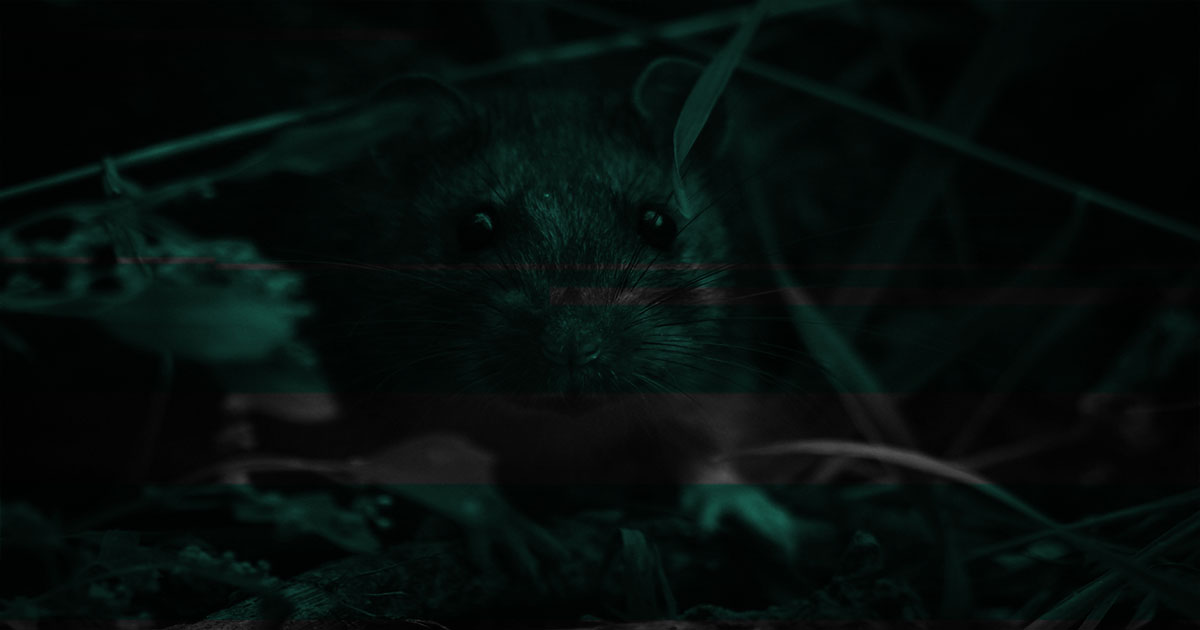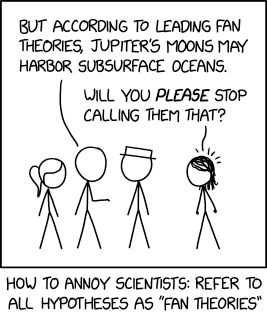Unhackable internet may be in Hyde Park
You gave up using your pet’s name for your password, endured two-step authentification and barely can keep track of all of your passwords. But you still get hacked. For many, it’s the bane of today’s digital existence.
Now, at two federal Department of Energy physics labs in the west suburbs, University of Chicago scientists are working on creating what once might have seemed like science fiction: an unhackable Internet.
It’s an effort that holds great promise to protect our personal data online and much more, experts say.
The Chicago quantum network project involves a test bed of 124 miles of underground fiber-optic cable that links the university’s Pritzker School of Molecular Engineering with Fermi National Laboratory in Batavia and Argonne National Laboratory in Darien. It’s one of the largest such networks in the country.
Their aim: to find ways to use quantum data to create a system that prevents online eavesdropping.

David Awschalom, a University of Chicago physics professor who heads the Chicago quantum network project.
“What we’re looking at is: Can you transmit info in a secure way that is immune to hacking and protects your personal and privacy?” says David Awschalom, a U. of C. physics professor who heads the Chicago project. “We’re getting close.”
This network and others like it are being used to test the potential for encrypting and transmitting valuable data — for instance, your credit-card information, health records and Social Security number — at incredibly high speed while keeping it beyond the reach of anyone who shouldn’t have it.
In the early 1900s, Max Planck and others made ground-breaking discoveries about the behavior of matter and light at the atomic and subatomic scale — quantum physics. That ultimately led to computers, magnetic-resonance imaging, GPS and other technologies.
Yet harnessing the power of those subatomic particles remained…


